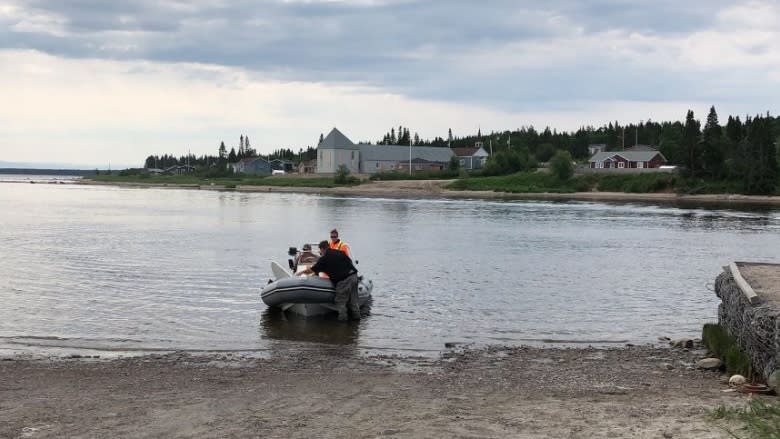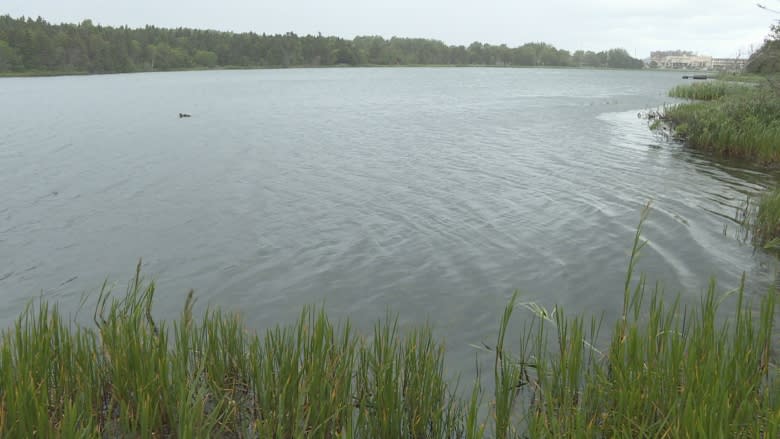5 drowning deaths in N.L. in past week
Five people have drowned in the province in July, a time of year when many people are on the water — and some don't return alive.
In 2017 there were 6 unintentional water-related fatalities in Newfoundland and Labrador, according to the Lifesaving Society of Canada. That's five more than in New Brunswick, which has a population nearly 50 per cent larger.
The recent rash of drowning deaths in the province is tragic, said Barry Fordham, spokesperson for the Lifesaving Society of Newfoundland and Labrador. According to the society's 2018 edition of the Canadian Drowning Report, July is the month with the most drowning deaths.
A fishing guide from Cartwright is presumed to have drowned on July 12 when his boat capsized. A Grand Bank man drowned on July 13 when his canoe tipped over. A man from North West River is presumed drowned after his canoe capsized early on July 15. The same day, a Makkovik man who had gone fishing was found dead in shallow water, apparently drowned. And a man drowned at Whiteways Pond in Torbay on July 18.
Drowning Prevention Week
The third week of July is National Drowning Prevention Week, and the lifesaving society is focused on raising awareness of drowning prevention.
There are water-safety measures that can help prevent further tragedies if followed, Fordham said.
If you're going swimming outside, it's important to be familiar with the area, he said. The majority of drowning deaths in Canada are in natural bodies of water, according to the 2017 Canadian Drowning Report, and in Newfoundland and Labrador 95 per cent are in a lake, pond, river, stream or ocean.
"Know the contours of the bottoms, if there are any tides or currents."
Watch for water temperature, and check the weather conditions ahead of time, he said.
It's a good idea to wear something on your feet in case of debris or sharp rocks on the bottom — a foot injury could make it harder to swim effectively. And if you plan to jump into bodies of water, a life jacket is a good idea, Fordham said.
When you're on or in the water, have someone with you and make sure somebody on shore knows where you've gone. Children should always be supervised in or around the water, according to the lifesaving society.
"Make sure that wherever it is that you're going, you let somebody know where it is that you're going and when it is that you will return," he said.
The mistake of overconfidence
The biggest mistake people may make about water safety is overconfidence, he said: trusting they can swim well enough for any conditions, believing they're safe if they know a body of water well, thinking they don't need a life jacket.
When you're overconfident you may not pay as much attention as you should, or may take risks you otherwise would not.
Finally, intoxication and swimming or boating don't mix.
The lifesaving society says that alcohol consumption is a factor in almost 40 per cent of boating-related fatalities. Alcohol can slow your reaction time and alter your senses and co-ordination.
As well, operating a boat while under the influence is an offence under the Criminal Code, and in Newfoundland and Labrador the fines and penalties for driving while impaired are the same for boats and road vehicles.
Intoxication is not only about alcohol, Fordham said.
"These days now with the legalization of marijuana coming into play, that also should not be into the picture."
Read more articles from CBC Newfoundland and Labrador




